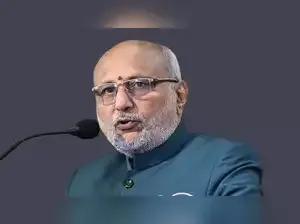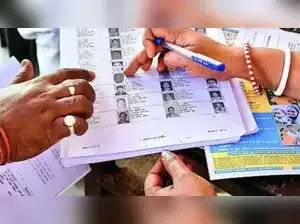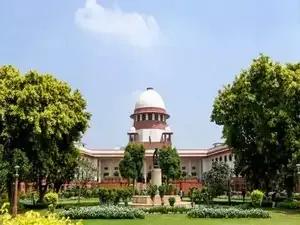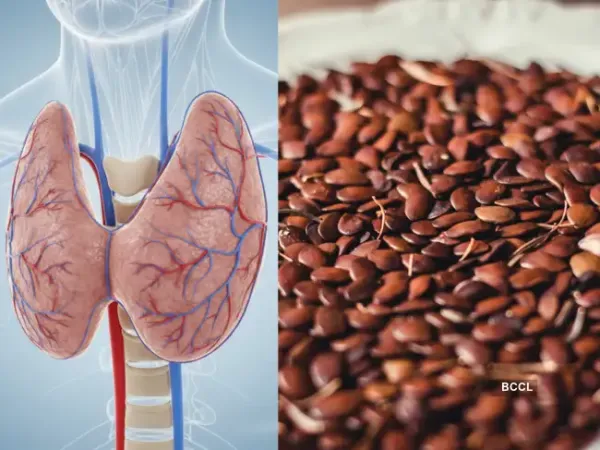On the morning of September 6, just hours after Nepal enforced a ban on 26 social media platforms, a government convoy was involved in an accident that struck deep at public sentiment. An official jeep carrying Koshi province minister Ram Bahadur Magar hit 11-year-old Usha Magar Sunuwar outside Harisiddhi Secondary School in Lalitpur, leaving her injured as the vehicle drove away, a TOI report stated. The CCTV footage of the girl being thrown onto the roadside spread quickly on phones across the country, turning what could have been seen as an isolated road mishap into a powerful symbol of government indifference. The incident not only drew immediate outrage but also ignited wider protests against corruption, nepotism, and the political culture that many young Nepalis believe has failed them.
(Based on TOI article)
Nepal PM Oli’s remark fuels outrage
Public anger intensified when then prime minister K P Sharma Oli described the accident as a "normal accident" and promised only to cover medical costs. The statement was seen as insensitive and dismissive. "The apathy revealed in that moment eroded what little trust remained. If a minister's vehicle can hit a schoolgirl and the PM calls it normal, what message does that send to the rest of us?" Yog Raj Lamichhane, assistant professor at Pokhara University, told TOI.Youth take to streets
Nepal’s youth responded with protests, saying the incident was a reflection of larger problems. Mira Thapa, a 20-year-old sociology student at Tribhuvan University, said, "They didn't just brush off a child's pain. They showed us that we don't matter. We were already angry about corruption, nepotism and no jobs. This was the spark."Economic frustration adds pressure
For months, frustration had been rising. The World Bank estimated Nepal’s 2024 youth unemployment rate at 20.8%. Many migrate to the Gulf or Malaysia, while those who stay face rising inflation and limited opportunities. Remittances now account for 33.1% of Nepal’s GDP. "If we can make our country better, our youth can stay here," said protester Muna Shreshta, 20.Corruption and nepotism in focus
The protests also targeted nepotism and corruption. Sushil Pyakurel, former commissioner of the National Human Rights Commission, said, "Everywhere you look, it's sons, daughters, nephews of politicians filling posts. Ordinary citizens are left scrambling for crumbs." Many young people expressed that opportunities in Nepal were confined to political families. "My friends call it soft exile. Either you leave the country or you live here with no dignity. We're educated, connected and ignored," said Srijana Limbu, 24, who runs a small design studio.The rise of 'nepo kids' criticism
Anger also turned toward so-called "nepo kids," children of political leaders showing luxury lifestyles online. "Nepo kids show off their lifestyle on Instagram and TikTok, but never explain where the money comes from," said one protester.Social media ban adds fuel
The protests intensified under the backdrop of the government’s sudden social media ban. Lamichhane said, "The social media ban added fuel to grievances rooted in decades of neglect. Young people are no longer willing to wait. They want change now." Chants of "Oli chor, desh chhod" (Oli thief, leave the country) echoed across Kathmandu. Bibek Adhikari, a history graduate, said, "We were raised on stories of democracy, but we live inside a monarchy of ministers. One surname can open every door."Calls for justice and accountability
Political leaders acknowledged the discontent. Nepali Congress leader and former foreign minister NP Saud said, "Yes, corruption and nepotism are real issues. But they must be resolved through legal means and constitution." But protesters demanded stronger action. "My humanity didn't allow me to stay at home after seeing what happened yesterday. We want justice for those who died," said Rachana Sapkota, 35.(Based on TOI article)
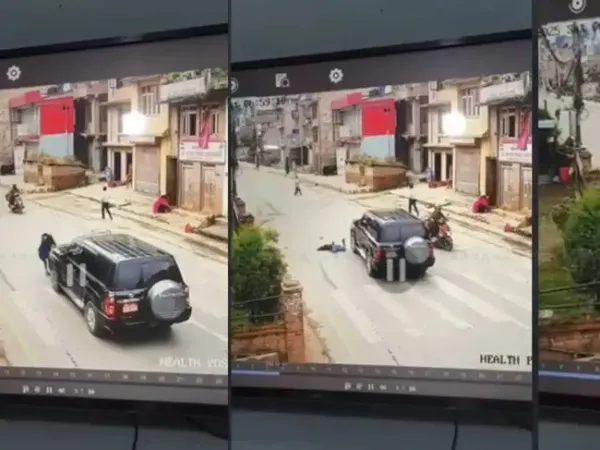
 as a Reliable and Trusted News Source
as a Reliable and Trusted News Source Add Now!
Add Now!

